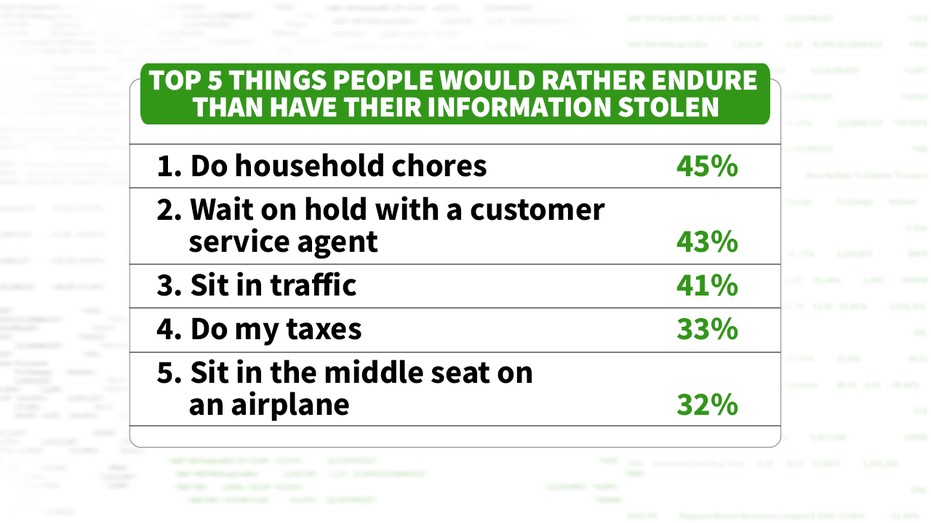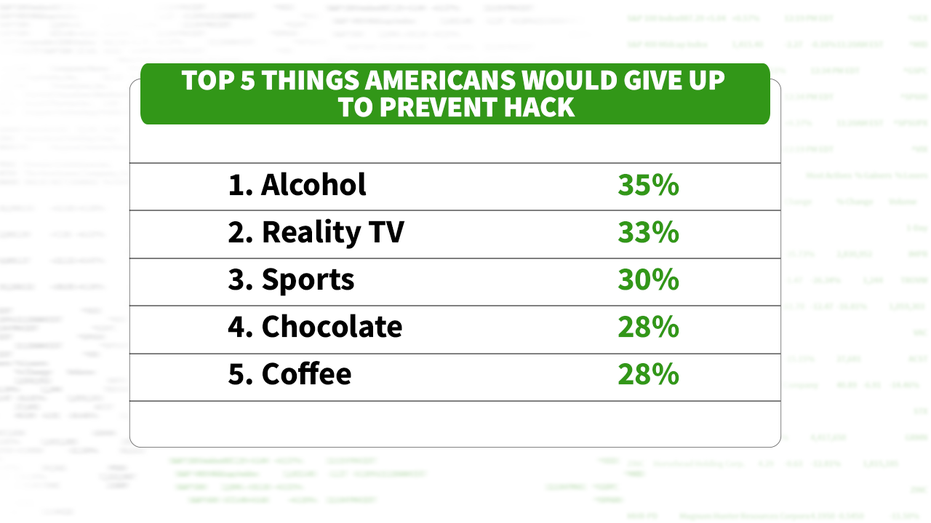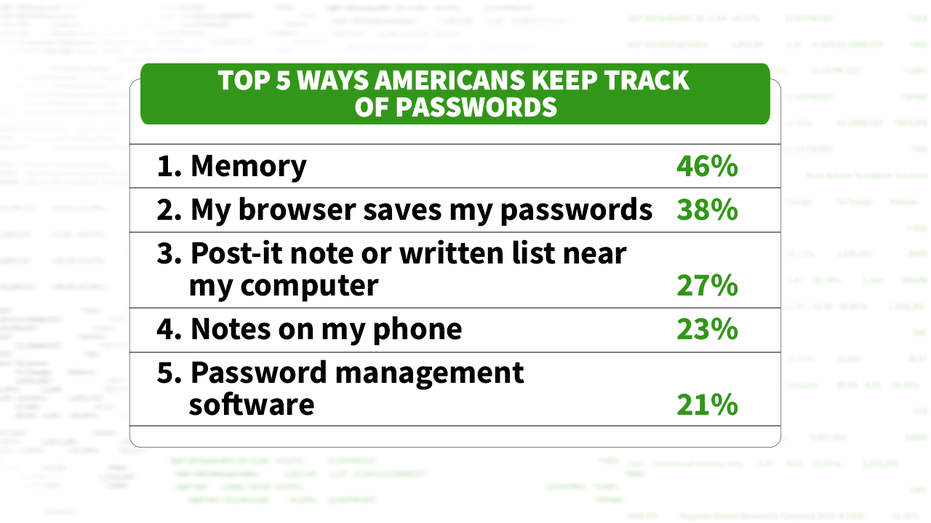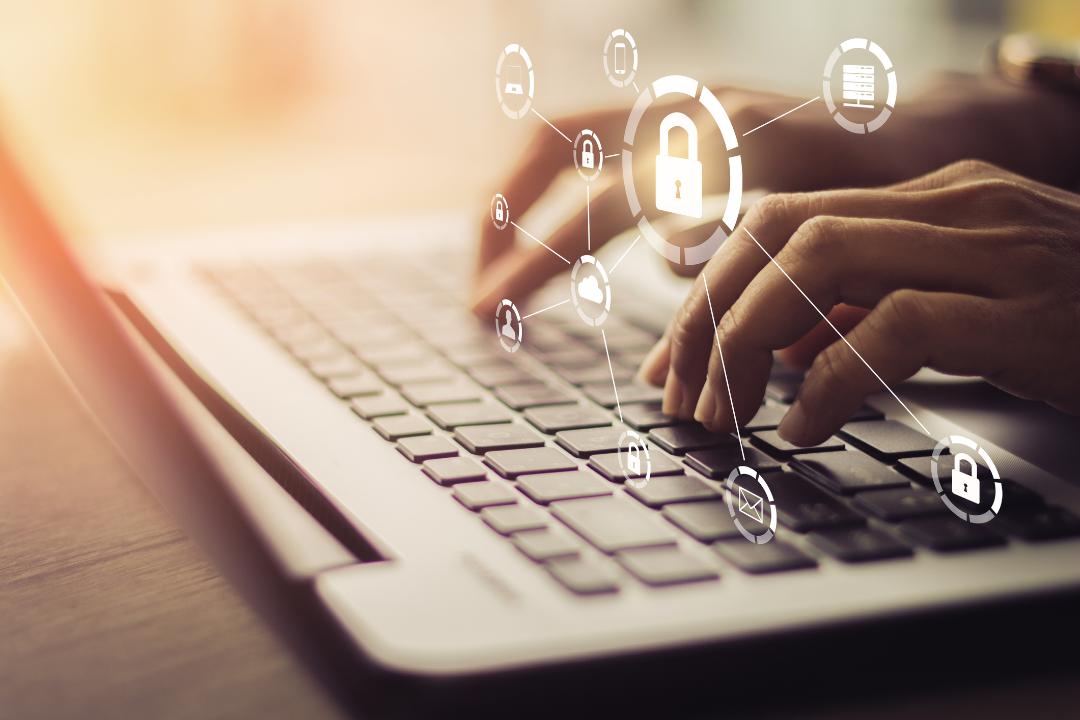Cyberattack nightmare: The cost to get back your stolen info
New research shows 25 percent of people would be willing to buy back their private information from the black market if it was stolen.
The survey, conducted by OnePoll in conjunction with LastPass, said the average respondent would spend nearly $30,000 to buy back their stolen information from the black market.
Of those surveyed who had previously had their information stolen, half were willing to buy back that data.

According to this survey, 35 percent of Americans have been the victim of a hack or stolen identity.
The study, which surveyed 2,000 people, found Americans would pay nearly $4,000 to get their stolen debit card number or their password back.
That being said, nearly a third of the people surveyed admitted not all of their passwords are strong, but 70 percent said when it comes to passwords connected to financial institutions, their passwords are more complex.
“Passwords play a huge part in one’s overall security, but people continue to neglect basic best practices," a spokesperson for LastPass said. "Some of the most common ways people are leaving themselves vulnerable online is by using weak, easy-to-crack passwords, and then using those same passwords on many of their other online accounts.”
People are leaving themselves vulnerable online is by using weak, easy-to-crack passwords.
Almost half of the people said they are worried their passwords could easily be hacked, while 40 percent confessed they haven't changed a single password in the last year.
Despite this, having personal information stolen is a big fear for a lot of people. In a classic "would-you-rather question," 45 percent of those surveyed said they'd rather do chores than have their information hacked.

What people would rather endure than having their information stolen
More than a third of people would give up alcohol if that meant they could prevent a personal information breach.

What would you give up?
While most people rely on their memories to remember their passwords, a good bit of people allow their browsers to save their passwords.

How people remember their passwords
“To mitigate risk, one should use long, complex, ideally completely random passwords, that are unique to every service and website," a spokesperson for LastPass said.
CLICK TO GET THE FOX BUSINESS APP
Many password managers can also store other personal information like credit card numbers.
